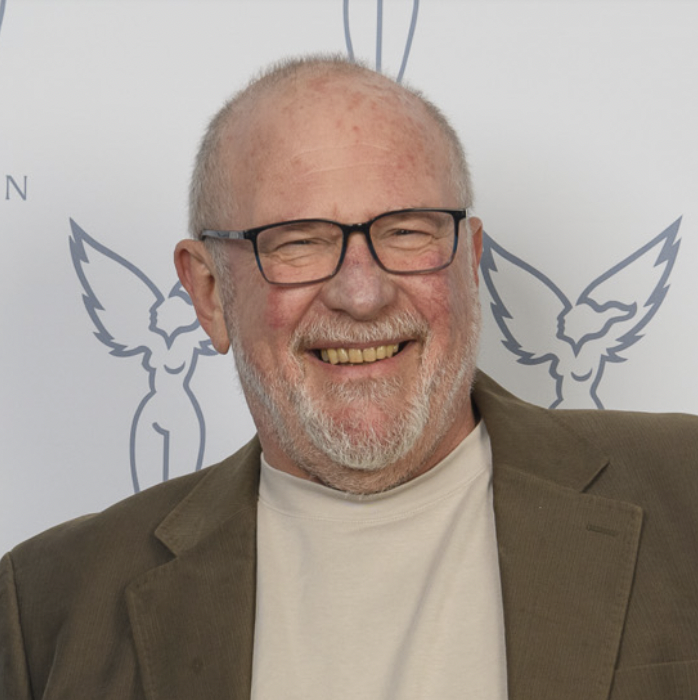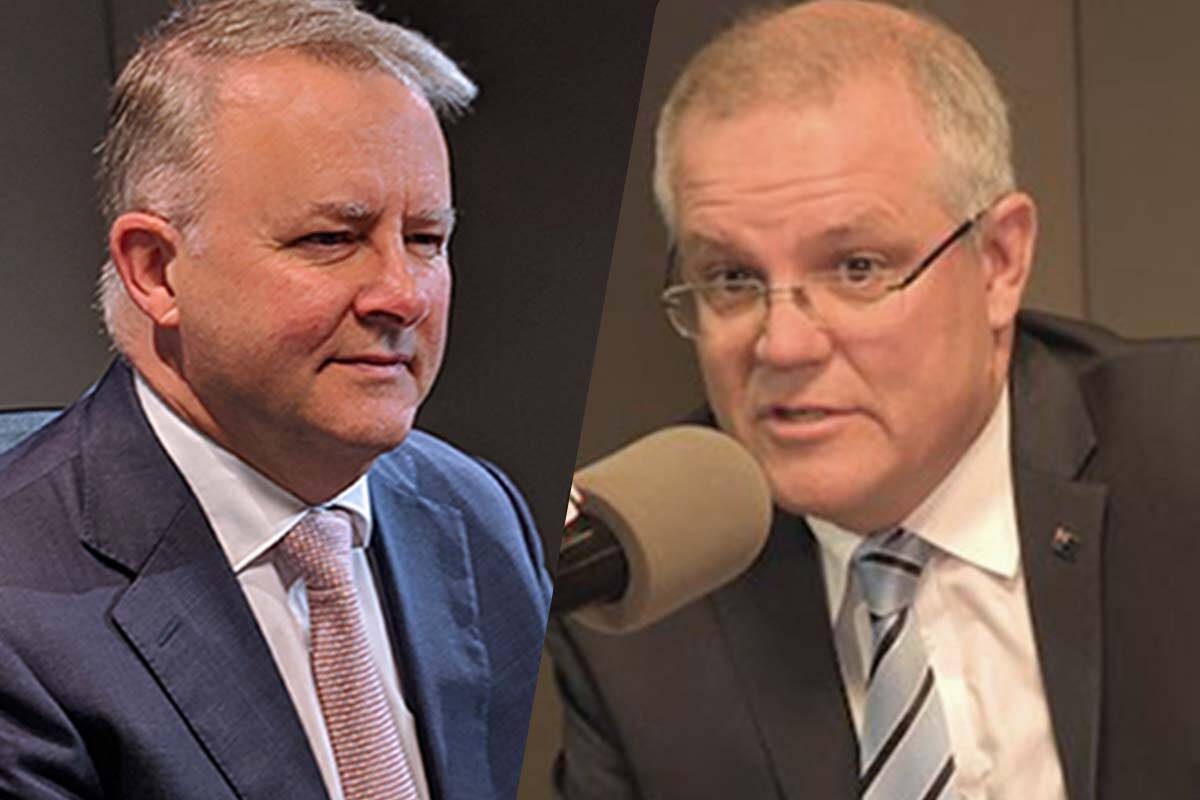Nine’s Byrnes, ARN’s Campbell and Nova Entertainments’s Jackson talk to Saxon.
This week, P&O’s Pacific Explorer, was the first cruise ship in two years to depart our shores with a full complement of crew and passengers eager for a taste of freedom that only the bracing breezes of an ocean voyage can bring. Given that Australia’s covid woes began with the docking of the Ruby Princess in March 2020 – which, BTW, is currently under investigation by US authorities for a suspected 253 cases in five weeks – it is likely the Pacific Explorer passengers will have to endure far more stringent restrictions onboard than we landlubbers in Oz.
Despite Covid’s Omicron variant and the flu spreading like wildfire, we are out of lockdown, for now at least, and it’s largely back to business as usual – if anyone can remember what “usual” looked like.
For radio, while listening patterns are returning to some semblance of pre-covid “normality,” formats will need to cope with a new normal, including a more flexible, less regimented workforce, some of which may never return to an office environment and the daily commute it took to get there.
Nonetheless, in general, Talk stations have eased off from their pandemic panic highs while music stations have collectively climbed off the canvas as listeners return seeking less aggravation and more relaxation.
The timing couldn’t be better for smoothfm, now celebrating 10 years since it launched. Once the wunderkind of the music formats, over the past two years, it bled listeners that had suddenly developed a rabid appetite for news and information about Covid and where or whether to get vaccinated. And if so, with what?
But now smooth is back, according to Nova Entertainment’s Chief Programming & Music Content Officer, Paul Jackson. Of the pandemic years, Jackson says, “I never felt smooth had a problem, even though life did return to normal pre-lockdown habits, I’d expected to see the audience come right back too, but that hadn’t happened, of course. I think, this (Survey 3) feels much like the numbers we were doing before. If you look at some of our demographics, like 25 to 54, either which way, smooth is right back at its all-time highs.”
Overall, Survey 3 certainly looked more like a ‘pre-pandemic normal’ with 2GB and 3AW still well on top despite both losing ground in two consecutive surveys. Apart from Perth with its meteoric 2.1 gain, ABC local stations, overall, also came off the boil.
Usually, though, elections tend to be an elixir for talk. But this latest one seemed more of a sedative. Was that because Covid had exhausted people’s appetite for news and information in general?
“You could make an argument for that because it was a long campaign. And I know it was tough for a lot of people to get engaged with that,” says Jackson.
Perhaps there was too much politics in both Covid and the election.
ARN’s Chief Content Officer, Duncan Campbell says, “People don’t like inconsistencies and they don’t like misinformation. I think they couldn’t understand that we had all these restrictions and then we dropped all these restrictions and the (case) numbers shot through the roof. And yet we’re happy to have no restrictions anymore. So I think they’re just tired of the bullshit that was coming out of Covid. And I think voters’ minds were already made up (before the election).”
Head of Content at Nine Radio, Greg Byrnes admits, “Our audience was pretty quick to tell us they were sick of the commercials. And Ben Fordham said that he felt that the election campaign was basically two seagulls fighting over a chip and he’s glad to see the back of it.
But it’s what we do. We talk news, opinion, information. We prosecute, debate discuss policy and in a political campaign it’s what our audience expects us to do – and that’s what we did. That’s what we delivered on.”
Nonetheless, political ads don’t win many Sirens awards for creativity and engagement. Most of them were shrill attack ads with dodgy “information” about what the other mob might do if elected.
Byrnes agrees, “I’m not writing the creative for these political parties. They would argue that it’s the negative that makes their point. And so, they’ll start a campaign sort of softly, softly. And then in the days leading up to that blackout period, it’s wall to wall attack ads like ‘hole in the bucket’.”
It’s not just political ads that can drive audiences away. In previous years, talk stations have been inundated with ads for funerals, nursing homes, erectile dysfunction and hair transplants. There’s no doubt in my mind that any of these categories, in plague proportions, can ruin a station’s listenability.
At music stations, it is not uncommon for advertisers to be asked to modify their creative to better suit the station’s format and thereby their listeners’ tastes. Byrnes admits that there was some material submitted as political advertising that had to be modified before it went to air.
In such cases, Byrnes says, “We were able to find common ground, but it took some negotiation with the client.”
It seems inevitable that talk stations will play more cold voice, retail style ads. “What sets us apart from music stations is that the nature of talk and opinion, we’re probably going to be more open to commercial content that maybe has a hard edge, cold voice that would not necessarily fit in with a music format. So I think we’re going to probably be a lot more open to some of the creative that’s served up simply because of the nature of our content,” says Greg Byrnes.

Peter Saxon

